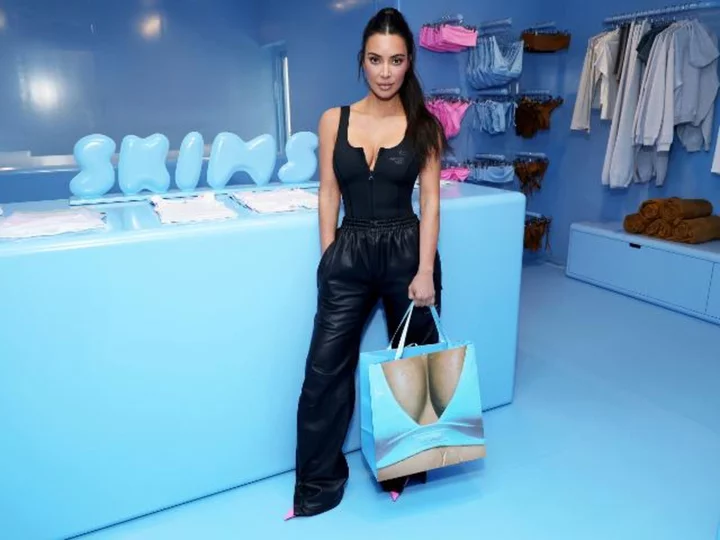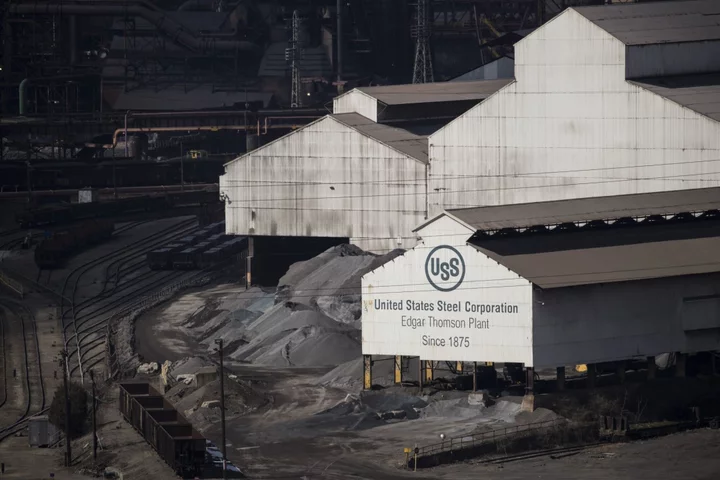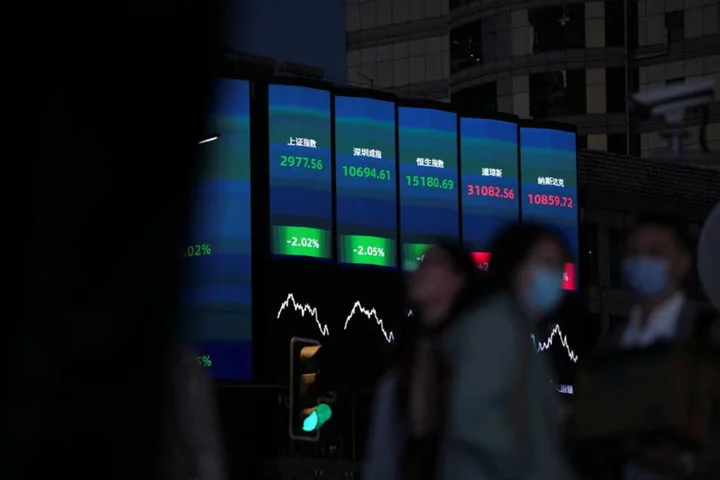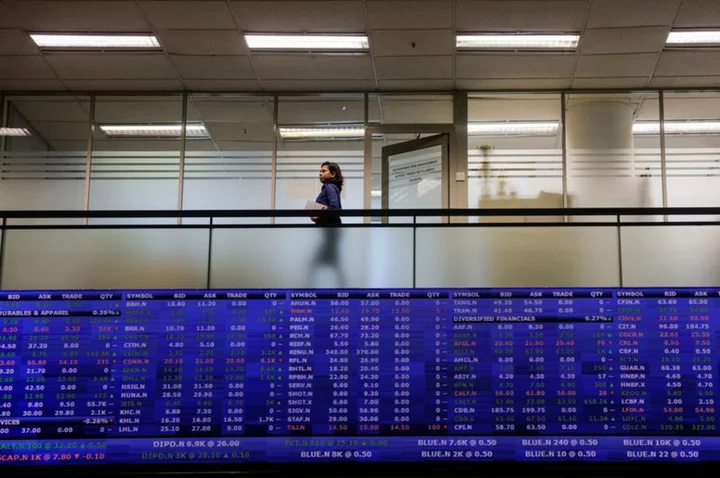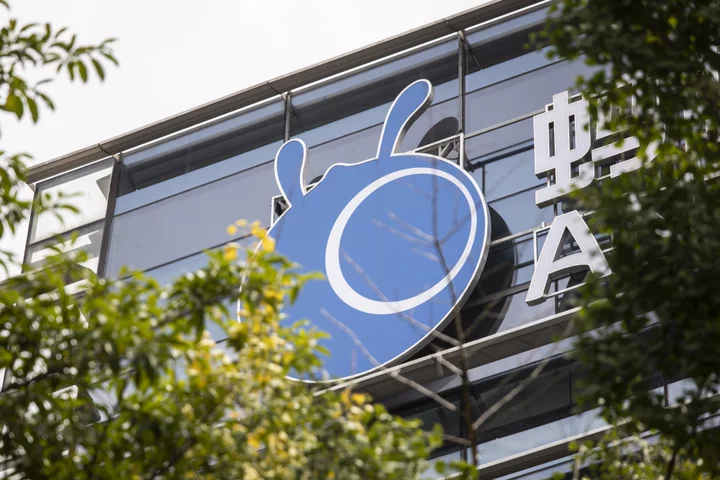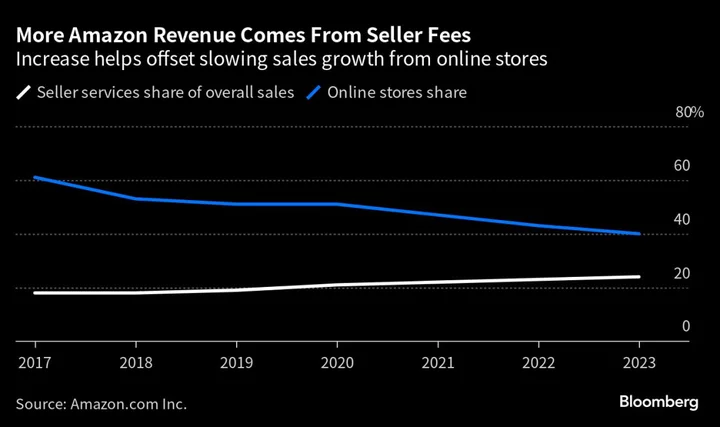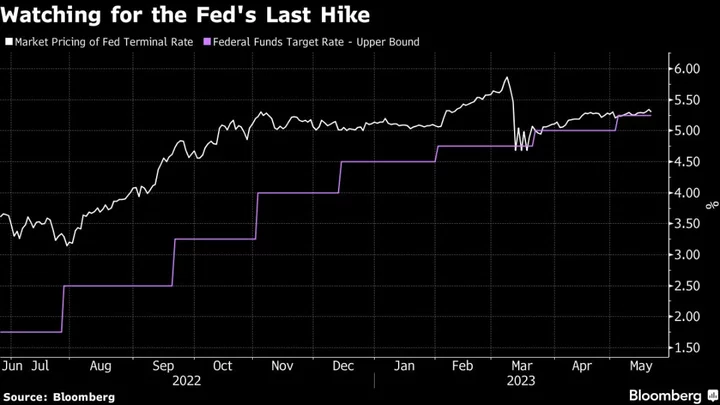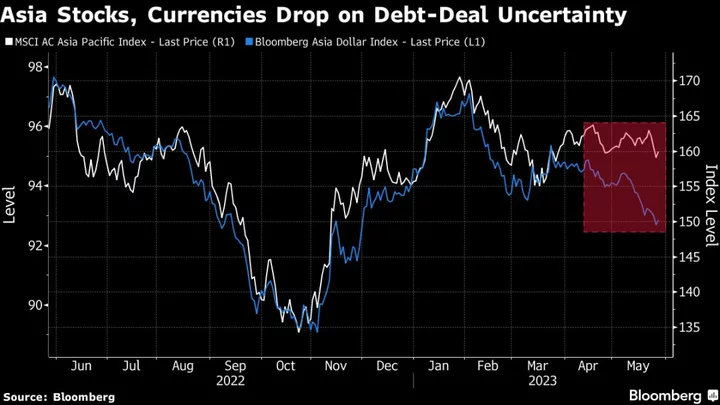Dealmaking on Wall Street has dried up, and it's costing big banks a fortune. Kim Kardashian could fix that.
What's happening: Goldman Sachs reported on Wednesday that its investment banking revenue declined by 20% in the second quarter of 2023. Overall, profit in the quarter fell by 58% from a year ago, to $1.2 billion.
"Activity levels in many areas of investment banking hover near decade-long lows, and clients largely maintained a 'risk off' posture over the course of the quarter," said Goldman's CEO David Solomon on the bank's earnings call. That means clients are worried about making bets in an uncertain economic environment.
He's right — global dealmaking has sunk to its lowest levels in more than a decade, according to data from Dealogic. For example, initial public offerings in the stock market have almost dried up entirely.
However, experts say that there are plenty of healthy companies sitting waiting to make their public debut, they just don't want to be the first ones out. Once the faucet turns on the deals should be plentiful.
"There are still an incredible number of companies that are looking to go public," said Ro Sokhi, partner at accounting and advisory firm UHY.
He points to Cava, the Mediterranean fast-casual restaurant chain, as an example of a company that recently went public and did well. The company's stock is up more than 27% since its IPO this spring. Cava helped foster some green shoots throughout the market, he said.
"There's currently a feeling of cautious optimism," he said.
But it isn't quite enough to unplug the flow.
That's where Kim Kardashian comes in.
Skims, the clothing line she co-founded in 2019, just raised $270 million in its latest fundraising round, valuing the company at about $4 billion, according to a Dealbook report. In total, Skims has raised about $670 million in just four years.
This latest round was led by Wellington Management, a firm known for taking companies public. Skims also recently hired a chief financial officer, Andy Muir, who previously worked at Nike. Bringing a CFO on board is often a sign that an IPO is coming.
Jens Grede, Skim's CEO, recently told Dealbook that stock investors have shown an increased interest in consumer-oriented businesses like Skims and that an IPO is something the company wants. "At some point in the future, Skims deserves to be a public company," he said.
So could Skims be the big IPO that clears the pipeline for the rest?
If a Skims IPO were to succeed, "companies, CFOs and investors in general will see this as a very positive sign," said Sokhi. "It will signal to investors that there's an opportunity here for an exit or an IPO. That's what we saw in 2021 — a gangbusters year for dealmaking that could potentially be echoed this year.
Yes, but: "Really public-facing companies with big name recognition are just in a different category than a lot of the other companies looking to IPO," said Megan Penick, public securities chair and a partner at law firm Michelman & Robinson, where she has spent nearly two decades assisting companies go public.
Betting on a Kardashian-backed company like Skims is actually pretty cautious and won't necessarily translate into IPO buzz for companies that are tech and science-focused that don't receive public recognition. "Until investors are really ready to open their pocketbooks and be less cautious, we're not necessarily going to see an opening of the IPO floodgates," she said.
Wheat prices rise as Russia-Ukraine tensions flare
Global inflation is finally coming down, but heightened geopolitical tensions could mean that food is about to get more expensive.
Wheat futures soared by more than 8% on Wednesday and are on track to hit their highest level in three weeks as tensions in Europe rise following Russia's surprise decision to pull out of a crucial deal allowing the export of grain from Ukraine.
Corn futures were also nearly 3.5% higher on Wednesday as traders feared an impending supply crunch of staple foods.
Moscow's withdrawal from the wartime deal on Monday threatens to push up food prices for consumers worldwide and could tip millions of people into hunger.
The White House said the deal had been "critical" to bringing down food prices around the globe, which spiked after Russia invaded Ukraine in February last year.
"Russia's decision to suspend participation in the Black Sea Grain Initiative will worsen food insecurity and harm millions of vulnerable people around the world," Adam Hodge, a spokesperson for the US National Security Council, said in a statement.
Tensions between the two countries rose on Wednesday, limiting the possibility that the deal to export critical commodities across the Black Sea will be restarted.
The Russian Defense Ministry on Wednesday claimed that its overnight attacks on Odesa, in southern Ukraine, targeted military and fuel infrastructure.
Ukrainian President Volodymyr Zelensky said Wednesday that Russia "deliberately targeted the grain deal infrastructure." Russia's attack damaged an unspecified "industrial facility" as well as "a grain and oil terminal" at Odesa's port, the head of Odesa's regional military administration said.
Wheat prices are still down more than 50% from their all-time high in March 2022.
Tesla margins squeezed; Netflix profits fall short
Tesla reported a much bigger than expected increase in profits, despite a series of price cuts that trimmed the amount of revenue per vehicle sold, reports my colleague Chris Isidore.
Tesla reported adjusted earnings of $3.1 billion, or 91 cents a share, up 20% from the second quarter last year. Analysts surveyed by Refinitiv had forecast earnings of 82 cents a share.
Its profit margin of 18.2% was also better than expected, although profit margins were still smaller than they were last year due to the series of price cuts the company announced since earlier this year. A year ago, Tesla's margin was 25%, and it even reported a 19.3% profit margin in the first quarter, when it first started to put the price cuts in place.
Netflix meanwhile, announced on Wednesday that it added nearly six million paid subscribers during the three months ending in June, bringing its total to more than 238 million globally.
My colleagues Clare Duffy and Samantha Delouya report that the company said it has now launched paid sharing — its effort to get users to stop sharing accounts with others for free — in more than 100 countries, after beginning its broad rollout earlier this year. Netflix said revenue in those regions is now higher than before the service launched, and that "sign-ups are already exceeding cancellations."
Still, while Netflix's password-sharing clampdown helped boost revenue for the quarter, it still fell just shy of what Wall Street analysts had expected. Netflix posted nearly $8.19 billion in revenue for the quarter, compared to the $8.3 billion Wall Street had projected. It also posted net income of $1.49 billion, up 3% from the same period in the prior year.

